At the core of quantum computing is the qubit. The best ones have a few defining traits, and scientists are looking to everything from lasers to Russian diamonds to help refine the best qubits for the next generation of quantum computing.
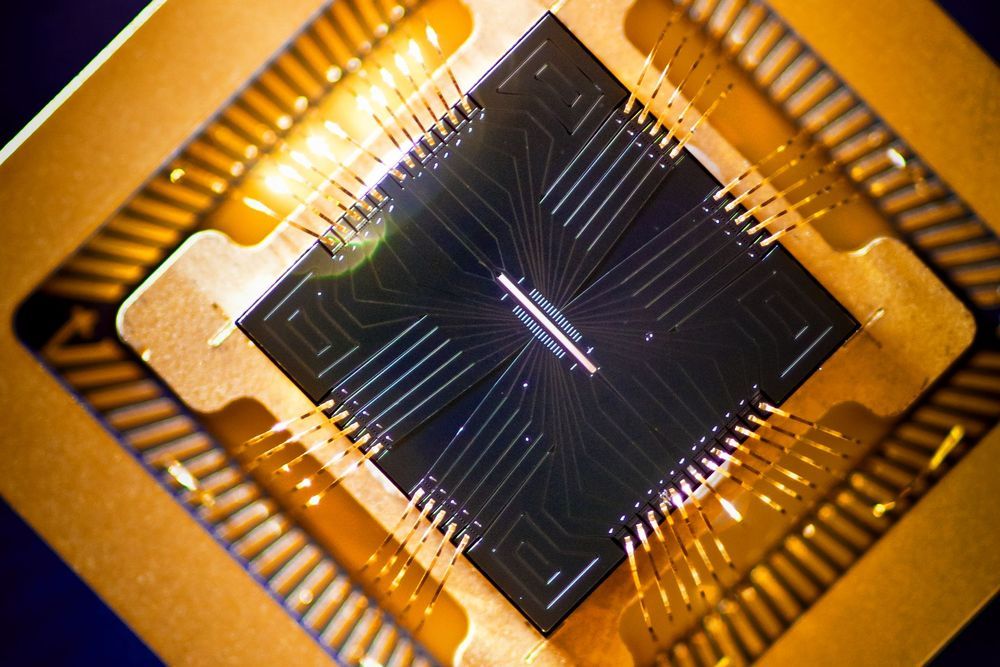


Scientists at Lancaster University have announced that they have invented an electronic memory device that realises the dream of universal memory – a previously hypothetical technology long considered to be revolutionary for the industry.
Universal memory is a computer data storage technology that until now has been purely conceptual, combining the speed and low cost of dynamic random-access memory (DRAM) and the stability of flash memory. This also would result in significantly lower power consumption.
It had been considered impossible by some in the field, but scientists at Lancaster University say that the electronic memory device they have invented and patented is the realisation of the universal memory dream.
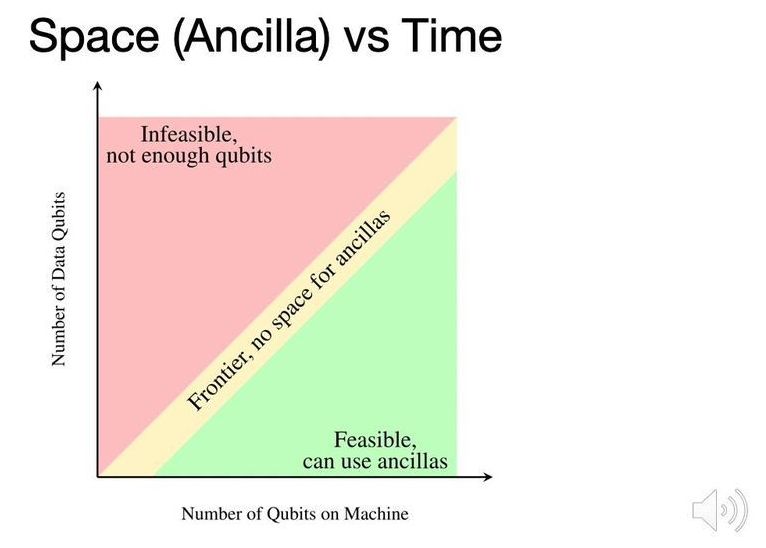
Researchers at the University of Chicago published a novel technique for improving the reliability of quantum computers by accessing higher energy levels than traditionally considered. Most prior work in quantum computation deals with “qubits,” the quantum analogue of binary bits that encode either zero or one. The new work instead leverages “qutrits,” quantum analogues of three-level trits capable of representing zero, one or two.
The UChicago group worked alongside researchers based at Duke University. Both groups are part of the EPiQC (Enabling Practical-scale Quantum Computation) collaboration, an NSF Expedition in Computing. EPiQC’s interdisciplinary research spans from algorithm and software development to architecture and hardware design, with the ultimate goal of more quickly realizing the enormous potential of quantum computing for scientific discovery and computing innovation.


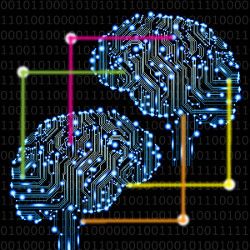
I had a little more invested in BCI.
Brain-machine interface—once the stuff of science fiction novels—is coming to a computer near you. The only question is: How soon? While the technology is in its infancy, it is already helping people with spinal cord injuries. Our authors examine its potential to be the ultimate game changer for any number of neurodegenerative diseases, as well as behavior, learning, and memory.
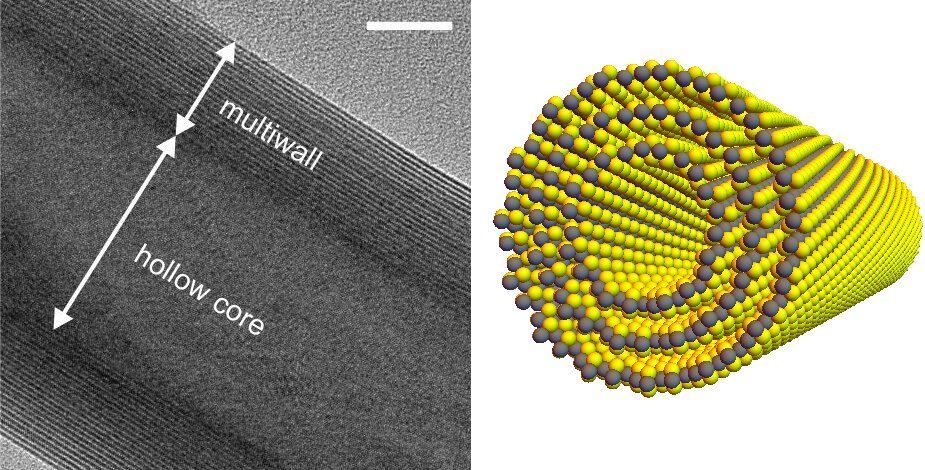
Physicists have discovered a novel kind of nanotube that generates current in the presence of light. Devices such as optical sensors and infrared imaging chips are likely applications, which could be useful in fields such as automated transport and astronomy. In future, if the effect can be magnified and the technology scaled up, it could lead to high-efficiency solar power devices.
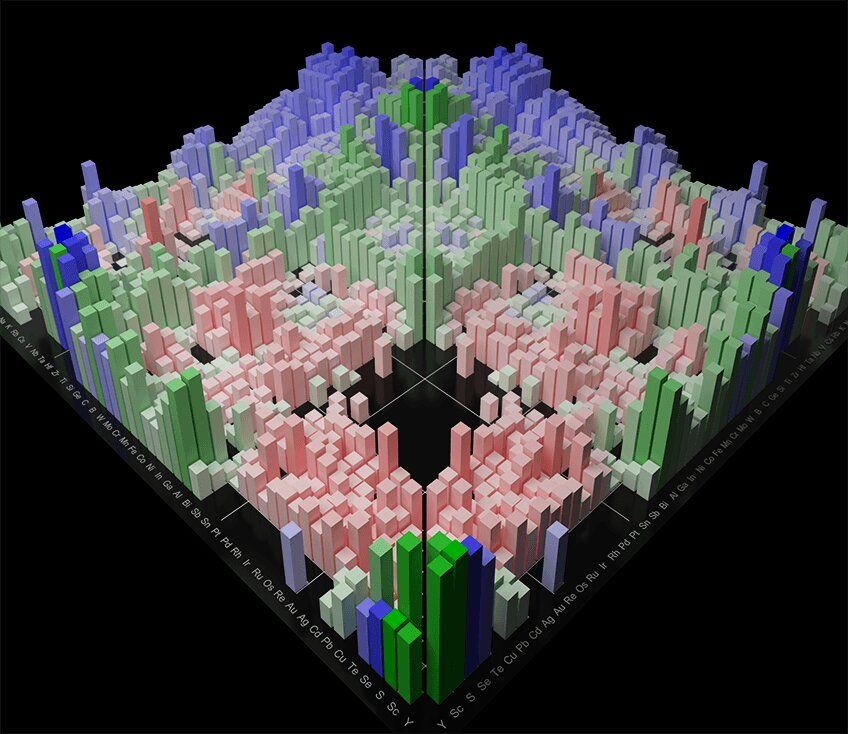
Andriy Zakutayev knows the odds of a scientist stumbling across a new nitride mineral are about the same as a ship happening upon a previously undiscovered landmass.
“If you find any nitride in nature, it’s probably in a meteorite,” said Zakutayev, a scientist at the U.S. Department of Energy’s (DOE’s) National Renewable Energy Laboratory (NREL).
Formed when metallic elements combine with nitrogen, nitrides can possess unique properties with potential applications spanning from semiconductors to industrial coatings. One nitride semiconductor served as the cornerstone of a Nobel Prize-winning technology for light-emitting diodes (LEDs). But before nitrides can be put to use, they first must be discovered—and now, researchers have a map to guide them.

Ever wonder why some fortunate people eat chips, don’t exercise, and still don’t get clogged arteries? It could be because they’ve got lucky genes.
Now Alphabet (Google’s parent company) is bankrolling a startup company that plans to use gene editing to spread fortunate DNA variations with “one-time” injections of the gene-editing tool CRISPR.
Heart doctors involved say the DNA-tweaking injections could “confer lifelong protection” against heart disease.
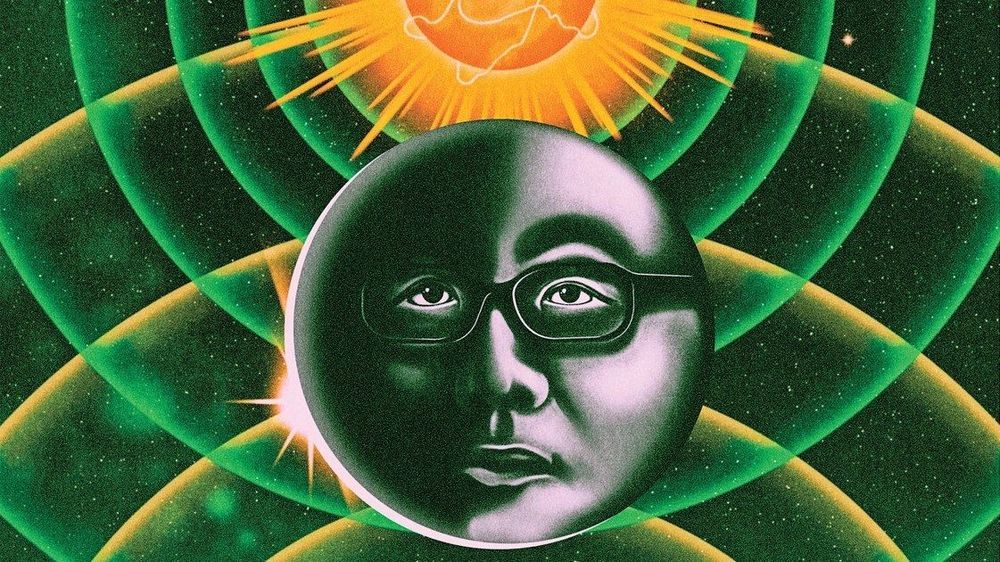
The trilogy’s success has been credited with establishing sci-fi, once marginalized in China, as a mainstream taste. Liu believes that this trend signals a deeper shift in the Chinese mind-set—that technological advances have spurred a new excitement about the possibilities of cosmic exploration. The trilogy commands a huge following among aerospace engineers and cosmologists; one scientist wrote an explanatory guide, “The Physics of Three Body.” Some years ago, China’s aerospace agency asked Liu, whose first career was as a computer engineer in the hydropower industry, to address technicians and engineers about ways that “sci-fi thinking” could be harnessed to produce more imaginative approaches to scientific problems.
A leading sci-fi writer takes stock of China’s global rise.